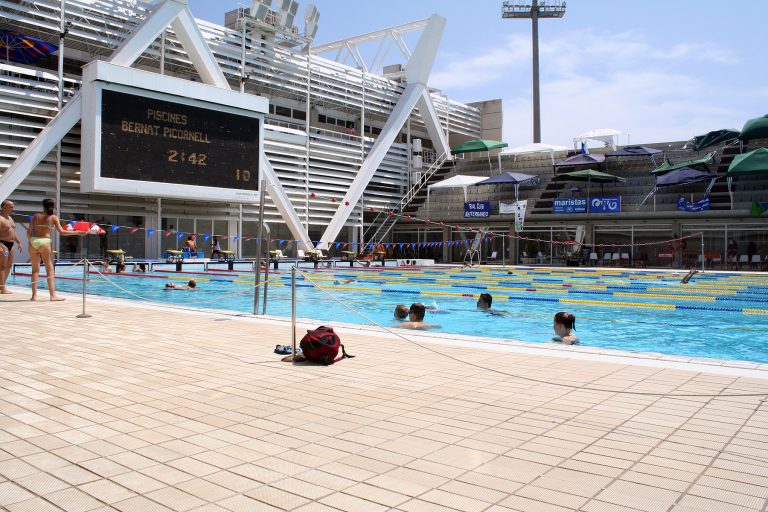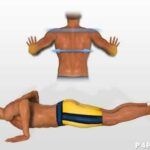The benefits of swimming have been medically proven for a long time. When practicing this exercise, the extremities of the body are put into play and at the same time almost all the muscles are mobilized.

The fact that the body weighs only 10 percent of its actual weight makes swimming accessible as a sport for people who are out of shape, elderly, disabled, or overweight, thus limiting their ability to do so. Your chances of moving your body without exposing yourself to injury.
And we must not forget the pleasure of contact with water, the well-being after its practice, which means that the mind also receives a benefit of relaxation and comfort.
But there are more positive consequences of its practice. We tell you about the benefits of swimming.
You reduce aging.
Swimming is a great help to reduce and delay the aging process. It does not mean that we do not age, but rather that we will age with fewer “aches”, since the joints, bones and muscles will remain in their best condition for longer, contributing to a better general state of health.
Improves motor skills.
When swimming, the whole body is exercised, and arms, legs and trunk are put in coordination with each other, at the same time that they are rhythmic with breathing. This makes the motor capacity increase that we move with more agility and flexibility. In addition, exercise makes the body more aware of its physical surroundings and helps with faster reaction time and better balance.
Better memory.
The activity of swimming improves memory, because by involving more intense and rhythmic breathing to meet the needs of the exercise, the brain is more oxygenated. On the other hand, the necessary coordination for the good practice of swimming also helps memory, because the brain creates new links between neurons, the brain cells.
Burn more calories.
Swimming is one of the most complete sports and the type of effort that requires so many parts of the body at the same time makes it one of the best for burning calories and losing weight. When swimming the muscles of the arms are exercised five or six times more than in an exercise outside the water. It is estimated that swimming can lose up to 600 kilocalories in an hour.
More resistance.
When swimming you will notice that you acquire more physical resistance, that you endure more when walking or running or in another activity. It is because swimming develops more lung capacity, necessary to face its practice in good conditions. And swimming helps prevent fractures of bones such as the pelvis or the hip, due to the improvement in motor coordination between the bones and joints involved.
More flexibility.
Another important benefit is the greater flexibility that you will have after a certain time swimming. More flexibility and elasticity are acquired because when swimming it is necessary to put all the joints into play at the same time, a basic repetitive practice for swimming and with great beneficial affects that translates into a looser movement, less stiff.
Cardiac improvement.
While improving lung capacity, cardiovascular health is also improved, with the same effects that running has as a sport, helping with issues such as hypertension and keeping bad cholesterol at bay.
Back pain.
It is well known that specialists recommend swimming to reduce and even eliminate acute or chronic back pain, by strengthening it and giving it more flexibility. For this reason, swimming is widely used in the treatment of people with motor problems of various causes.
Improves blood circulation.
Swimming has more health benefits, as it is received by the circulatory system. When you are in the water in full exercise, all the internal organs receive a light massage that activates and increases the blood circulation of those organs, which makes swimming one of the best physical exercises for those who have varicose veins and other similar problems in legs and thighs and other body places.
Improves mental health.
Swimming has relaxing effects and produces well-being, because after the exercise, in which the muscles have tensed a lot, when leaving the water, the subsequent relaxation is greater than in other exercises and produces a magnificent feeling of harmony with one’s own body. But above all, there is a great mental relaxation, since swimming requires us to concentrate on what we are doing, with the result that it is necessary to almost put our minds blank and leave everyday problems aside. Added to this are the good effects of rhythmic breathing to the swimming movement.

















